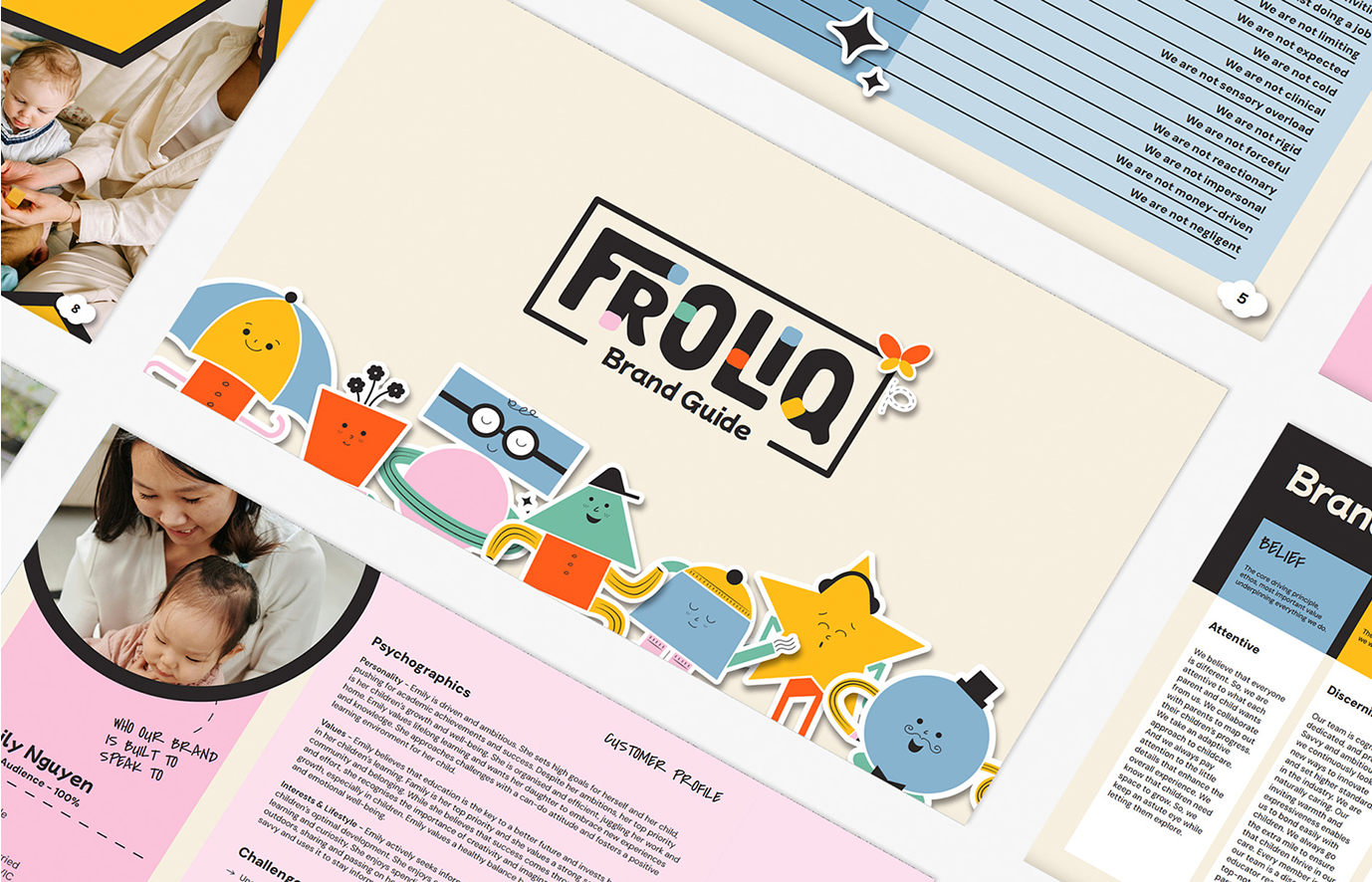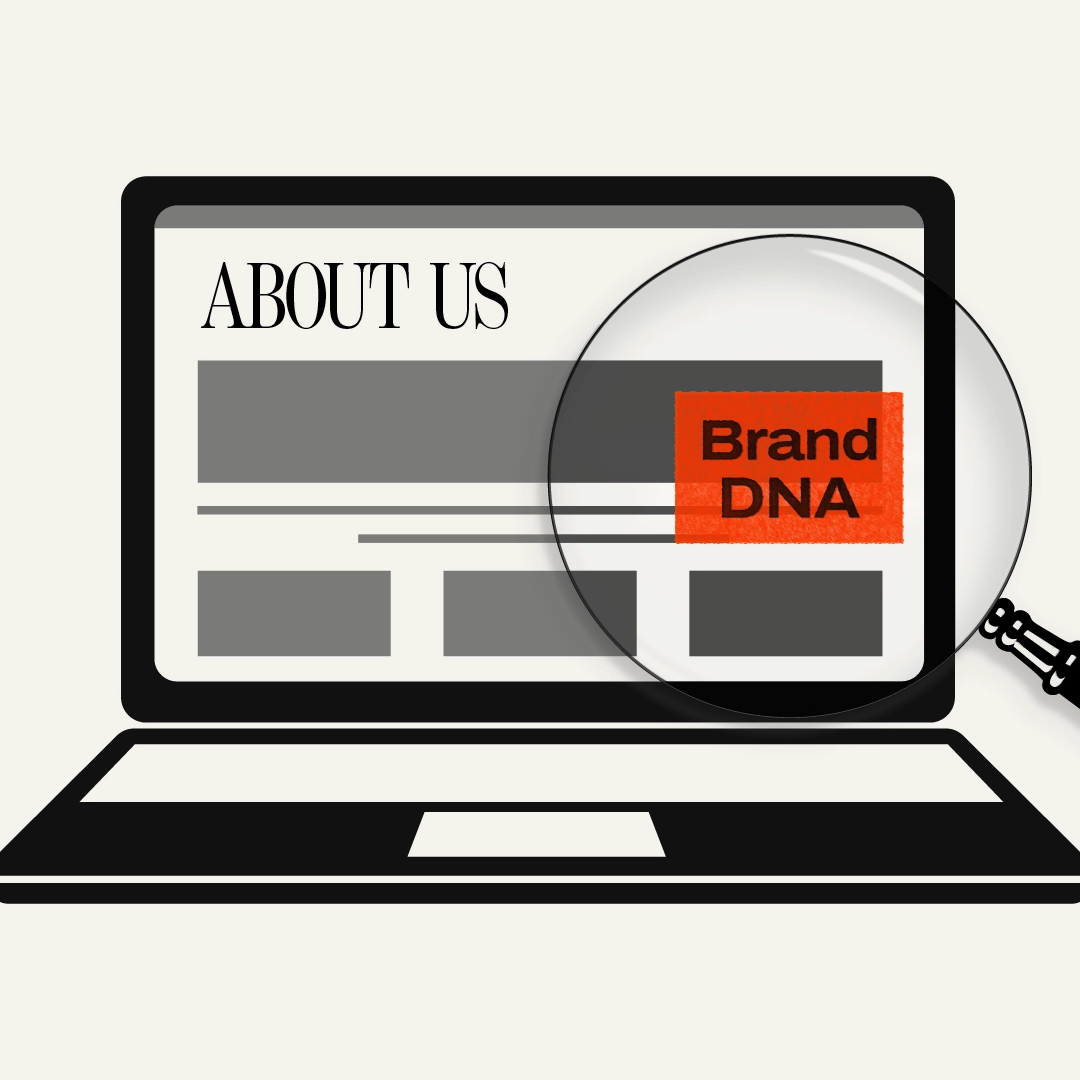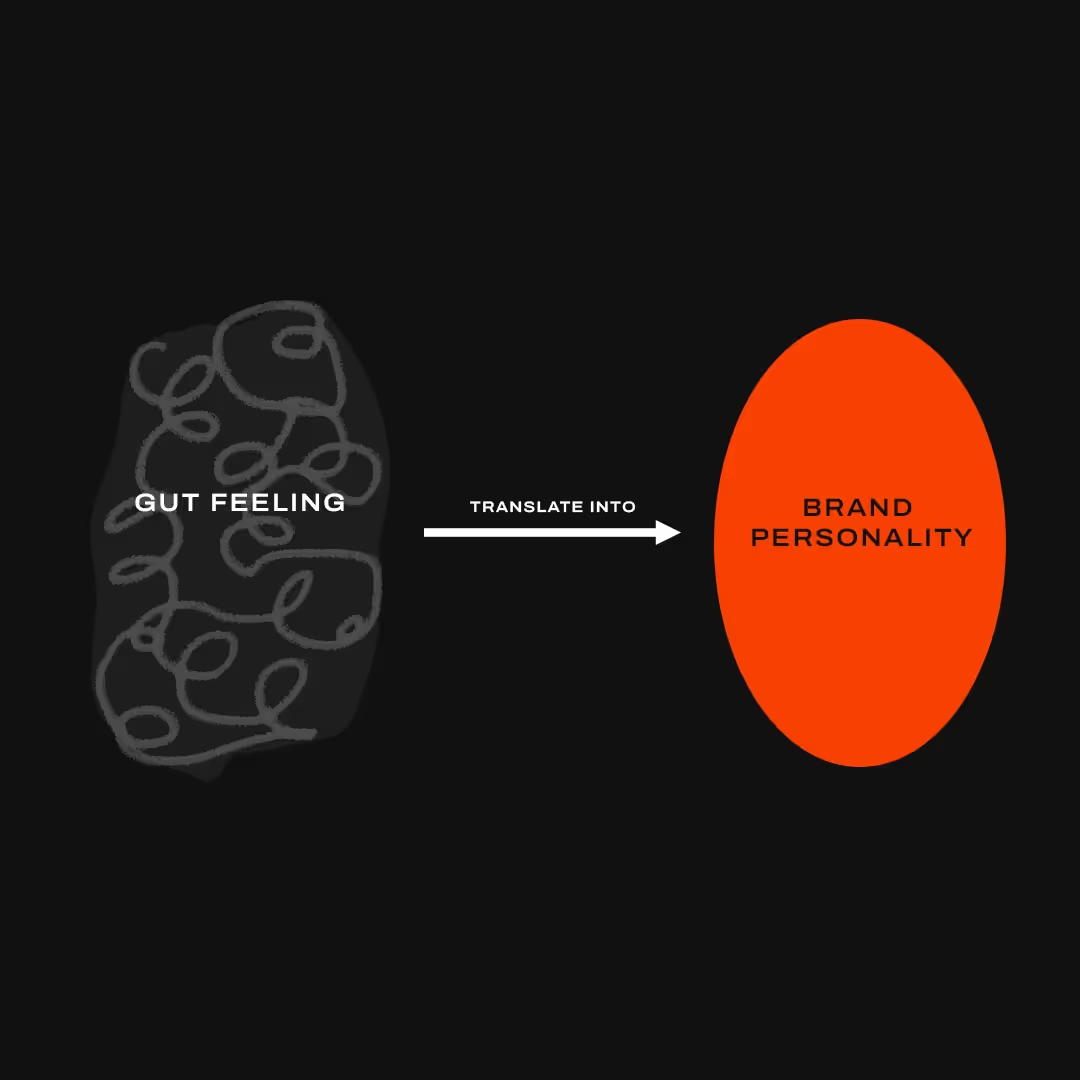
Net Promoter Score
Net Promoter Score (NPS), a widely accepted customer satisfaction metric, was developed by Bain & Company in 2003 to provide businesses with a valuable tool for gauging customer sentiment. The core of NPS lies in a single question posed to customers, aiming to measure their likelihood of recommending a product or company on a scale of 0 to 10.
In understanding NPS, it is essential to recognize the three distinct customer categories it establishes. Those who score 9 or 10 are classified as "promoters," indicating high satisfaction and a strong likelihood of recommending the brand. Scores of 7 or 8 categorize customers as "passives," reflecting moderate satisfaction but less inclination for active promotion. On the lower end, scores of 0 to 6 classify customers as "detractors," indicating dissatisfaction and the potential for negative word-of-mouth.
The calculation of NPS centers around the difference between the percentage of promoters and detractors. This simple mathematical equation provides businesses with a clear snapshot of customer sentiment. It serves as an actionable metric to drive customer loyalty and satisfaction improvements.
NPS boasts broad applicability across numerous industries, making it an invaluable tool for companies keen on quantifying customer loyalty and guiding strategic decision-making. By leveraging NPS, businesses gain actionable insights into customer sentiment that can shape product development, enhance customer experience, and drive overall growth.
While NPS has demonstrated its efficacy and gained wide adoption, it has its critics. The singular question format oversimplifies the complexity of the customer experience, potentially overlooking essential nuances. However, the ease of implementation and the ability to derive valuable insights with a concise survey format make NPS a popular choice among businesses, particularly those with a customer-centric focus.
Notably, several companies have achieved exceptionally high NPS scores, exemplifying the power of customer loyalty. For instance, Costco leads the pack with an impressive NPS score of 81, followed closely by USAA with a score of 80, and Amazon with a score of 69. These notable success stories highlight the impact of prioritizing customer satisfaction and exceeding expectations on a brand's reputation and business outcomes.
In essence, NPS offers a straightforward and efficient method for businesses to measure customer satisfaction without subjecting customers to lengthy surveys. Some companies track NPS daily or weekly, allowing for real-time monitoring of customer sentiment and enabling rapid responses to address potential issues. While critics raise valid concerns about the simplicity of the single-question format, NPS remains a widely embraced tool, particularly among customer-centric brands determined to build strong, loyal customer relationships.
Tag
Wiki
Building brands with powerful market presence
The Accelerator

Leading Brands Choose us
Book in with one of our experts.





























































